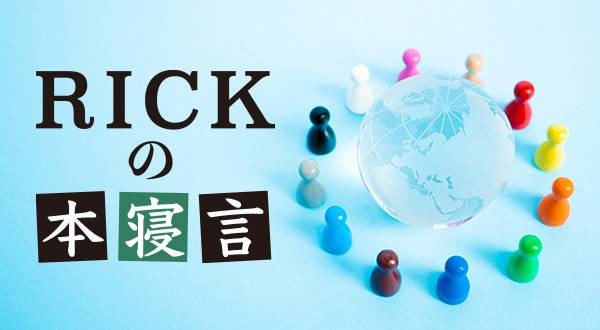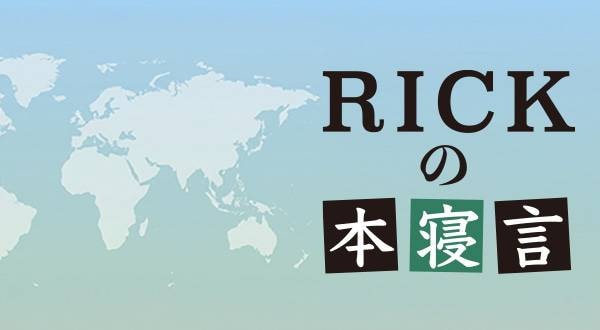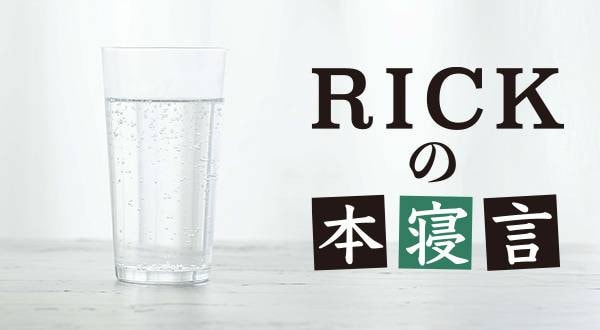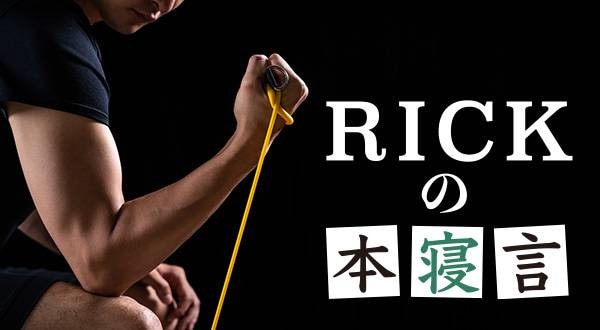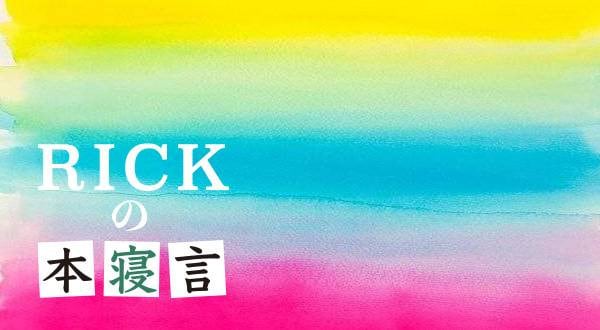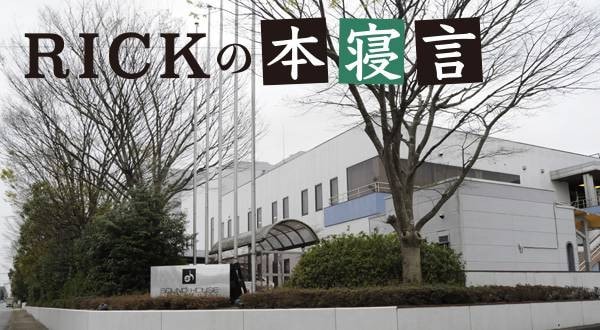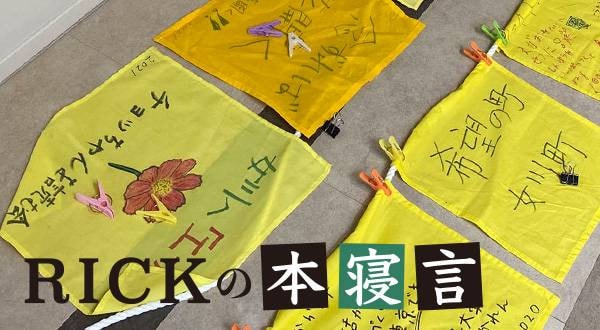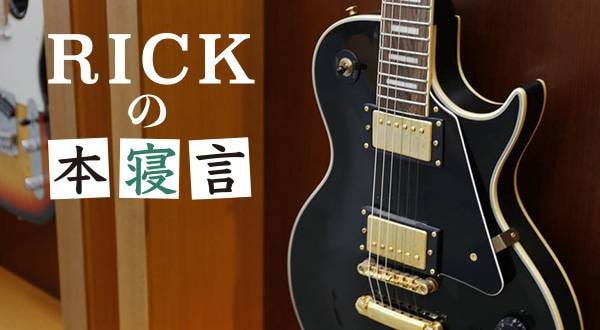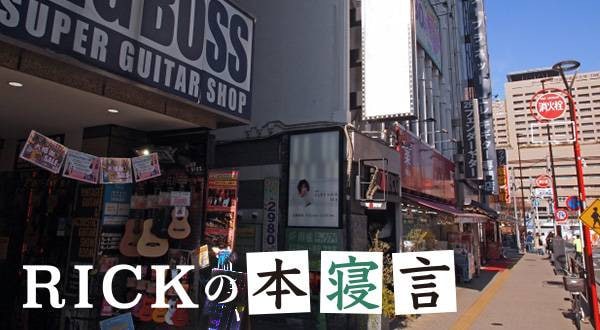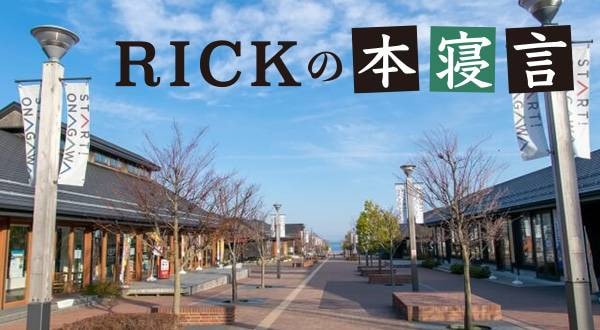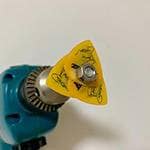In the 1970’s, the folk rock band Garo sang a hit song called “Chikyū wa Merīgōrando (The Earth is a Merry-Go-Round)”. Now half a century later, the earth is no longer a merry-go-round, but maybe it’s rather more like a roller coaster? It feels as if the time axis has accelerated to the same point that a spaceship can fly at Mach speed.
I miss those days when time would flow like a merry-go-round. Riding a wooden horse and looking at the scenery around you as it slowly loops around and around. I miss that relaxing flow of time. In those days, most of our international communications were by hand-written letters. When I needed to communicate with someone overseas, I would write a letter, send it, and wait for a reply for a few weeks. I never felt that it was a long time because it was common worldwide. It was also normal for everyone to go to bed around 10:00 pm because there was nothing else to do. So we could wake up early in the morning, go to town to buy groceries for breakfast such as tofu. An idyllic time like this once existed in Tokyo as well.
However, the merry-go-round started to rotate faster in the late 1970’s. This is because the shift from the era of office computers to the new era of personal computers began. The first Macintosh was released by Apple, then IBM’s personal computers quickly took over the market. In the 1980’s, Japanese society was buzzing with the economic boom due to the economic bubble, and all of Japan seemed to have become richer. It was also a time when many people believed that Japan was the top of the world. However, this bubble burst and the market collapsed in the 1990’s, and for many years thereafter, the Japanese economy stayed at the bottom of the barrel. Japan was left behind by the rest of the world.
In the midst of all this, the merry-go-round started spinning even faster and before we knew it, the age of the Internet had begun. The common language of the wired society is English. The Japanese, who are not good at English, are falling further and further behind the global trend, which is partly due to the burst of the economic bubble. Nevertheless, the merry-go-round kept spinning faster and faster. The wired society brought communication via emails, which sped up all types of communication and made the whole world visible. That was more than 20 years ago.
Now that the merry-go-round is spinning too fast for the shape of the wooden horses to be visible, the merry-go-round itself has become more like a propeller. Has the centrifugal force blown all the Japanese away? The times have changed. We can no longer go back to the days when the merry-go-round was spinning at a walking speed.
In 2022, our common theme is digital technology and alphabet terms are just coming out everywhere. DX, AI, SDGs - terms that were incomprehensible to the general public, are now commonplace. It is painful to think that everyone has to act as if he/she knows it all. In Eastern Europe, the war that is threatening to turn into a world war has broken out, and this seems to be a digital war. Killer drones are flying over the skies against missile attacks, and many lives are being lost. The evolution of technology can also be hidden in plain sight. After all, we have now entered the age of space warfare. The merry-go-round no longer exists because it was blown away. After it kept spinning around at Mach speed, we couldn’t hang on to our carousel horses anymore and we were blown off the carousel along with the horses. Where are we going now?
Now is the time to look back to our Japanese roots. Our roots were not about DX, digital technology, money, or power. We need to return to the old ways in which nature had given us our beautiful Japanese culture and our pristine lands. We need to look back to our relationships with other human beings and remember being in harmony with nature. The Japanese way is to give thanks to the gods for our abundant nature by holding festivals in our communities. This is a precious part of our cultural heritage that Japan can boast about to the rest of the world, and this path will only lead the Japanese people to happiness. We must never forget that.








